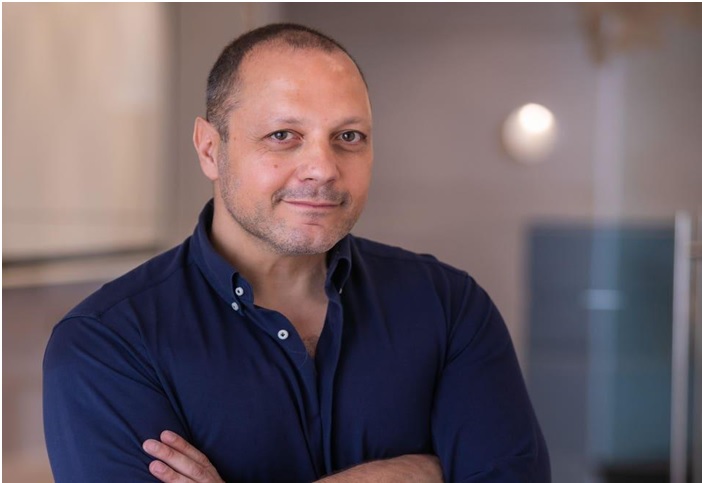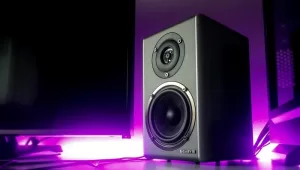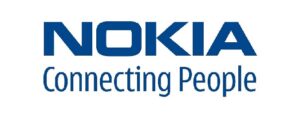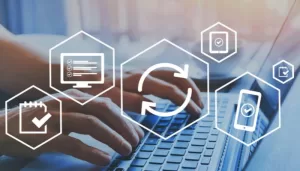Groundbreaking AI Startup Aims to Predict Heart Failure Before Symptoms Arise

Highlights
- Israeli health tech startup Cordio introduces groundbreaking AI-driven software, HearO, for cardiac patients.
- HearO utilizes machine learning algorithms to detect vocal changes indicating fluid accumulation in the lungs, a precursor to heart failure.
- Early detection allows for timely medical intervention, potentially preventing hospitalization.
- Congestive heart failure poses a significant risk to millions of Americans, highlighting the need for effective remote monitoring solutions.
- Clinical studies in Israel demonstrate HearO’s impressive 80% accuracy in predicting cardiac events.
- The app has gained regulatory approval in Europe and Israel and is undergoing FDA authorization.
- HearO’s simplicity and accessibility, requiring only a smartphone, set it apart from other remote monitoring solutions.
- Founder Tamir Tal’s background in law and experience in the medical device industry led to the inception of Cordio.
- Co-founder Dr. Chaim Lotan’s observation of audible vocal changes in patients with lung fluid accumulation inspired the development of HearO.
- Establishing a baseline of clear recordings aids algorithms in detecting subtle vocal alterations.
- Chief Technology Officer Ilan Shallom brings extensive experience in speech recognition research to the team.
- Cordio has raised $25 million in capital and plans to conduct additional fundraising for FDA approval and product commercialization.
- Cordio’s pragmatic approach to technology implementation has garnered praise from investors.
- The final U.S. clinical trial is underway, with potential FDA clearance anticipated by Q2 2024.
- Cordio envisions expanding its voice recognition technology to predict issues in COVID and COPD patients.
- Cordio’s collaborative approach with medical professionals sets it apart in the digital health industry.
In a significant stride toward revolutionizing cardiac care, Israeli-based health tech company Cordio has unveiled an ingenious machine learning software, dubbed HearO, designed to be downloaded onto smartphones. This groundbreaking technology has the potential to keep cardiac patients out of the hospital by detecting early signs of heart failure.
Imagine a future where a patient vulnerable to heart failure begins their day by reciting seemingly random phrases on their smartphone: “The cat sat on the ship. David is a big chef. Jeff plays the guitar.” This simple daily routine could hold the key to saving lives. By repeating these phrases, the patient unknowingly assists in the early detection of fluid accumulation in their lungs, a precursor to heart failure. This crucial information is then relayed to their healthcare provider, prompting timely intervention to avert further deterioration and the need for hospitalization.
Tamir Tal, the visionary founder of Cordio, envisions this as the ultimate goal of remote monitoring in healthcare. He asserts, “To find a way to identify patients when they’re getting close to hospitalization because the patient doesn’t feel it.”
Congestive heart failure, a condition where the heart struggles to pump enough blood to meet the body’s needs, poses a significant risk to millions of Americans. This often leads to fluid retention in the extremities and lungs, which, if left untreated, can escalate into severe complications necessitating hospitalization. Early detection, however, has proven challenging until the condition reaches an advanced stage.
Dr. William Abraham, a cardiologist at Ohio State University’s Wexner Medical Center, emphasizes the pressing need for remote monitoring solutions. He highlights, “There certainly are unmet needs for heart failure… one of them is to closely monitor our heart failure patients remotely and know when they’re accumulating fluids in their lungs and at risk for hospitalization.”
Clinical studies in Israel have demonstrated HearO’s ability to predict such events in patients with an impressive accuracy rate of approximately 80%. This success has led to regulatory approval in Europe and Israel, and the company is actively pursuing authorization from the FDA, recognizing the app as a breakthrough device. Cordio’s ongoing U.S.-based clinical trial, encompassing a larger and more diverse population, is poised to further validate its efficacy.
What sets HearO apart is its simplicity and accessibility. Unlike other remote monitoring solutions, it doesn’t require additional hardware or devices in the patient’s home—just a smartphone.
Tam’s journey to spearheading Cordio stems from his background in law and later, his role at Neovasc, a company specializing in medical devices for cardiac patients. His fascination with medical devices deepened, leading him to Cordio, founded in 2013 by a team of medical professionals and entrepreneurs.
The inspiration for HearO came from co-founder Dr. Chaim Lotan, a cardiologist who identified audible changes in a patient’s voice when fluid accumulated in their lungs. This realization spurred the development of software capable of detecting these vocal alterations earlier, potentially saving lives.
Integral to the app’s machine-learning functionality is the establishment of a baseline. Patients record phrases when they are known to be free of fluid, incorporating a diverse range of sounds. This baseline aids algorithms in identifying subtle changes, particularly when recorded in the morning after several hours of rest.
Ilan Shallom, appointed as the Chief Technology Officer, brings a wealth of experience in speech recognition research, having been involved in the field since the 1980s.
To date, Cordio has secured approximately $25 million in capital from investors including Peregrine Ventures and Ceros Financial Services. The company anticipates another round of fundraising to support the FDA approval process and initial product commercialization.
Mark Goldwasser, CEO of Ceros Financial, commends Cordio’s pragmatic approach to implementing its technology. He states, “Everyone talks about artificial intelligence, machine learning and remote diagnostics and this company had it all.”
With the final U.S. clinical trial underway across 30 sites nationwide, Cordio is poised for a potential FDA clearance by the second quarter of 2024, provided the results are promising. Beyond heart failure, the company envisions extending its voice recognition technology to predict issues for COVID and COPD patients, recognizing each as a distinct challenge to be addressed.
Tamir Tal emphasizes Cordio’s unique approach, stating, “I think the biggest difference between us and other digital health companies is that we’re thinking like a medical device company. We started working with physicians early on in the game to develop the product and understand what they need.” This focus on collaboration with medical professionals sets Cardio on a path to redefine remote cardiac monitoring.













